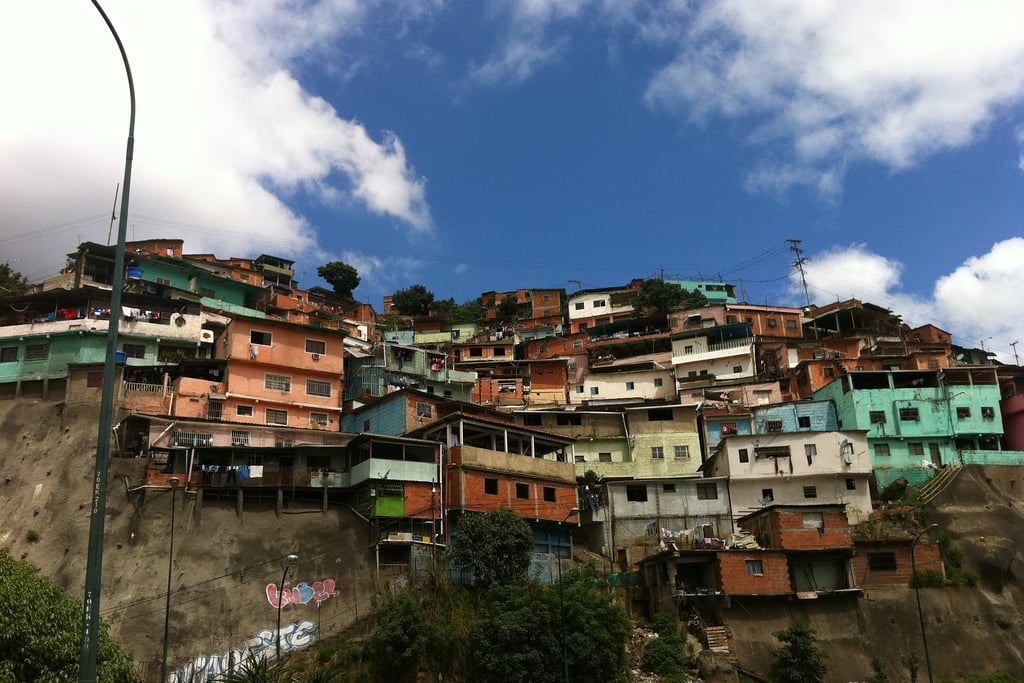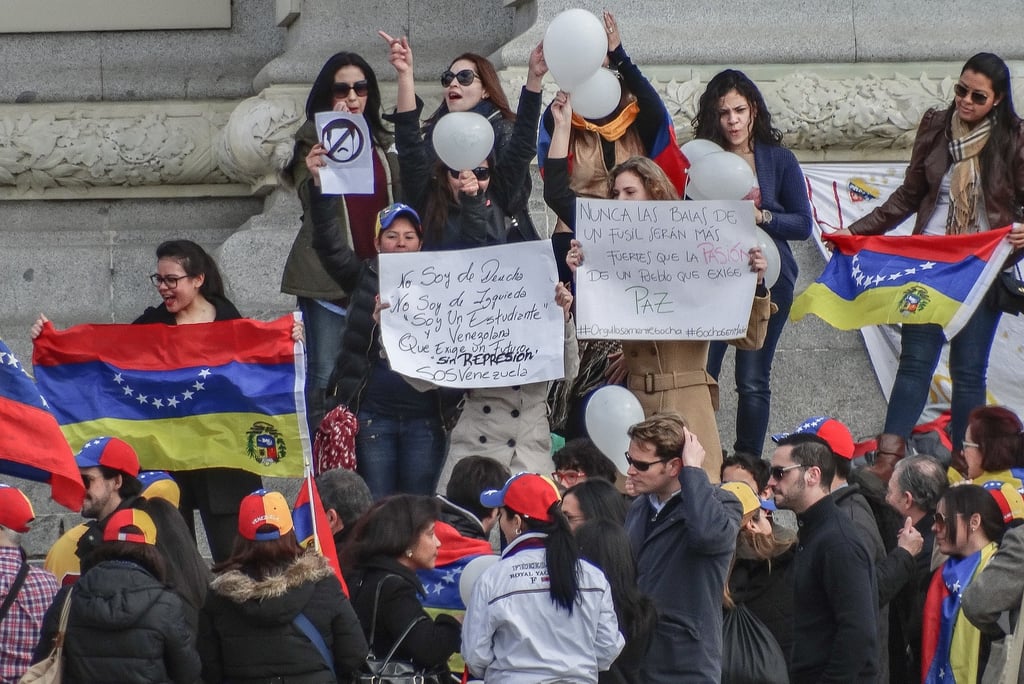Poking the Dragon
Recently, the eternally troubled US Secretary of State Antony Blinken, visited the People's Republic of China with a list of duties to perform. The two key items to be ticked on his clipboard were,
1) For China to stop supplying armaments to Russia (who are under heavy sanctions).
2) For China to stop purchasing oil from Iran (who are also under heavy sanctions).
To ensure compliance, Blinken was authorised to threaten China.. with sanctions.
Apparently, President Xi Jinping wasn't particularly impressed with the offer and the 4th most powerful diplomat in America had to make his own way to the airport. His only companion in the airport taxi was R. Nicholas Burns, the US Ambassador.
The unelected President of the European Commission Ursula von der Leyen made a similar trip to the PRC the following week, this time to complain that China has been selling their products too cheaply. Although she promised that “Europe will not waver from making tough decisions", she stopped short of using the S-word.
What exactly are sanctions?
Economic sanctions can be described as, impediments to trade and financial transactions, that can be applied to individuals, organisations or entire countries.
They can take various forms, depending on the objectives and the severity of the measures being imposed. These can include trade embargoes, restrictions on banking, asset freezes, travel bans, and other steps that limit access to international markets and resources. When imposed, they are typically accompanied by a set of guidelines or regulations that specify the restrictions and penalties for non-compliance.
Economic sanctions are not a new tool of western diplomacy, but their use has significantly increased in recent years. In the 1990s, approximately 5% of the world's economies operated under some kind of sanctions, today, that figure is 27% (Peterson Institute for International Economics).
Traditionally, sanctions have been used by the UN as an effective way to encourage wayward governments to adopt more harmonious policies. More recently, the US has used them as tools of coercion.
Sometimes, they can be weaponised as an economic instrument to destroy national economies in an attempt to provoke regime change.
A case study
What nation has the world's largest reserves of crude oil?
a) Saudi Arabia?
b) Iran?
c) The USA?
d) None of the above.
Venezuela is home to the world's largest oil reserves. With an estimated 303 billion barrels of proven oil reserves, it possesses significantly more oil than any other country. Strange then, that this country is ranked 131st in the world by GDP per capita.
In 2012, its malnourishment rate was 2.5% which is not unusual in developed countries. Today, the rate is 70%. Similarly, the average life expectancy has dropped by 3 years, and infant mortality has increased from 14.9 per 1000 to 21.1 (source).
Venezuela has seen no military conflict and has suffered no significant natural disaster. The people of Venezuela have been targeted by warfare waged-by-other-means. They are victims of economic sanctions.
Their crime is electing leaders unpopular with US neocons - left wing governments that adopt policies favouring nationalisation over privatisation. This makes it difficult for multinational companies to secure rights in the buying and selling of a country's assets.
Venezuela's oil industry is operated by PDVSA, Petróleos de Venezuela SA, a state owned company. For many decades, oil exports made up almost 90% of the country's economy.
This came to a halt in 2017. The US administration at the time under President Trump, decided to apply severe sanctions against PDVSA that forbids them from selling their oil, or making financial deals with international banks. Any foreign company who attempts to buy Venezuelan oil will also find themselves subject to secondary sanctions.
Venezuelan Economist Fransisco Rodriguez described the effects of this action as "Exactly the same as if the US had bombed the entire Venezuelan oil industry".
The legal framework for this economic surgical strike was already in place. During World War 1, congress had created a piece of legislation titled, "The Emergency Powers Act". This is a special executive power to be used by the president in case of, "Unusual and extraordinary threat to US national security".
The war in Ukraine saw the European market open up to sales of American oil. While preventing European companies from purchasing oil directly from Venezuela, the Biden administration has allowed Chevron, an American company to buy and sell Venezuelan oil. On March 5th 2024, Joe Biden in a message to congress stated:
"The situation in Venezuela continues to pose an unusual and extraordinary threat to the national security and foreign policy of the United States. For this reason, I have determined that it is necessary to continue the national emergency declared in Executive Order 13692 with respect to the situation in Venezuela."
While many Americans would be aware that the US currently has comprehensive sanctions in place against Cuba, Iran, Syria, North Korea and Russia, most have very little knowledge of what is being done to the people of Venezuela.
Even more people would find it difficult to believe that Venezuelans represented an "Unusual and extraordinary threat".
It gets even better. At the same time as President Trump and John Bolton drew up the sanctions, they also declared President Nicolas Maduro not to be the true leader of the country. Instead, they declared that the US would only recognise Juan Gauido (the leader of the opposition) as the true president. Due to a legal technicality, this action denies President Maduro the ability to contest the validity of the sanctions in an American court.
The impacts of economic sanctions
While economic sanctions are intended to exert pressure on governments, as always, it's the ordinary people who bear the brunt of the consequences. The impact of sanctions on the population can be severe, leading to a decline in living standards, increased poverty rates, and limited access to essential goods and services.
Sanctions can also have long-term effects on a country's human capital and social development. The lack of access to education, healthcare, and other vital services can hinder the overall well-being of the population and undermine future prospects for economic growth.
There is debate about whether economic sanctions are merely a form of warfare conducted through economic means. Proponents argue that sanctions can be a peaceful alternative to military intervention, allowing countries to achieve their objectives without resorting to armed conflict.
However, critics argue that the impact of sanctions on the civilian population can be just as devastating as the effects of war. Currently, there is no requirement for any assessment on the humanitarian impact of economic sanctions.
UN sanctions against Iraq during the 1990s led to the deaths of around half a million children. The only beneficiaries of these sanctions were western oil producers. When in 1996, Madeline Albright (one of Antony Blinken's predecessors) was asked "is the price worth it?" she replied,
“I think that is a very hard choice... but the price, we think, the price is worth it”.






